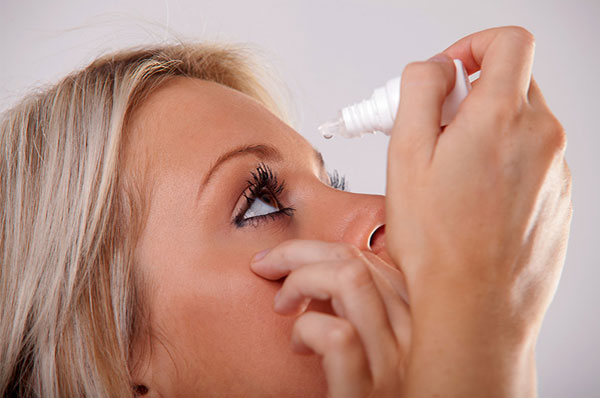
Everyone experiences dry eyes at some point in their lives. Usually, this is a minor issue that’s temporary. However, sometimes underlying issues can cause long-term discomfort. If you notice frequent or ongoing symptoms, then you may need to visit a dry eye specialist.
Symptoms of Dry Eyes
Symptoms can be found in one or both of the eyes. You may notice redness and dryness. It may feel like something is in your eye that you can’t get out. Other symptoms include:
- Light sensitivity
- Mucus in or around eyes
- Itchy or burning eyes
- Excessive eye watering
- Blurry vision
- Eye fatigue
Some patients also report difficulty driving at night or wearing contact lenses. If the problem persists, it is important to get to a dry eye specialist to determine the cause and find a solution.
What Causes Dry Eyes?
There are a number of potential dry eye causes. Some may be the result of natural aging while others could indicate a medical condition.
- Tear Production – Tear production can decrease, resulting in a condition known as keratoconjunctivitis. This happens due to aging, laser eye surgery, tear gland damage, or as a symptom of a health condition like diabetes, lupus, a thyroid disorder, or a vitamin A deficiency.
- Tear Evaporation – Conditions can exist that cause tears to evaporate, leaving the eyes dry. This occurs when environmental conditions include dry air, smoke, or wind. It can also happen due to eyelid problems or not blinking enough.
- Tear Composition Imbalance – Tear film consists of oil, water, and mucus. If these substances exist in the incorrect quantities, it can cause an imbalance that leads to dry eyes.
If you experience any of the signs of dry eyes, schedule an appointment. Only a dry eye specialist can provide insight into the cause and find a treatment that will provide relief.
